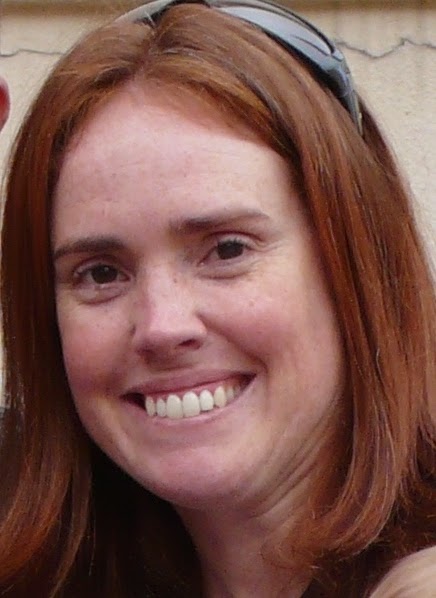 |
Earlier this week, I was feeling a little cross the world, a little sad about what we as people do to each other, our capacity for violence, evil.
My spirits lifted on Thursday (30 October), when I attended a breakfast celebrating five years of the university’s top scholarship.
Initiated by the Vice-Chancellor himself, the Vice Chancellor’s Scholarship goes to top matriculants, paying out R75 600 for each year of study of an undergraduate degree, provided recipients achieve first-class passes.
So far, it’s been awarded to 80 deserving recipients.
What I liked about the breakfast was that Vice-Chancellor Prof Derrick Swartz didn’t just sing their praises (for which he would have been forgiven) but instead reminded them about the difference people like them can and should make in society.
Prof Swartz reminded the students just how privileged they were, not least for being among the less than 2% of the population that actually walks through “the hallowed doors of university”.
And then he challenged them to use the knowledge they were gaining at NMMU not just to have great lives with great wealth, but to do something meaningful with it, to change the world for the better.
It was a valid challenge as not only are these students top academic achievers, but they’re also being groomed as future leaders through a mentorship and leadership programme tailor-made for them by the university, run with passion and enthusiasm by staff member Elize Naude.
Much has been invested in them – and much is expected of them.
“What are you going to use this knowledge for?” asked Prof Swartz of the VC’s Scholars. “There is more to this journey of life than ‘me and my own interests’. There is something greater about why we are living, a greater purpose. I want you to think individually about that greater purpose you want to serve.
“Knowledge is schizophrenic in a sense. It can be harnessed for the power of good or it can be put to bad use. Virtually any new discovery has contradictory effects, for example nuclear energy can be used to advance medicine or to create weapons … How will you best use your knowledge to hopefully change the world to a better place?
“We live in a society where there is violence, poverty, unemployment … There must be something wrong, which we have to fix. We need people who will fix it, people like you … We need to create a more equal, more just, more inclusive world.
“You need to ask yourself: What is the purpose of my knowledge if I can’t put it to use for good?
Prof Swartz then invited students to share what they intended to do to change the world. Commerce student Bongeka Mbonisweni said she wants to empower young black girls in rural communities to become top leaders.
Law student Chante Baatjes wants to join the United Nations to put an end to human rights violations and war crimes. Another Law student Adrian van Wyk spoke about the butterfly effect and how small changes can have great effects.
“If one wants to live the value of humility, without having the pressure to step in and lead the world, do something small or special that has great effect.”
Education student Anika Botha said: “I want to use my degree to somehow eliminate the fear learners have for maths, and build confidence in my learners the way this programme has built confidence in me.”
There were more responses, and I sat there inspired and hopeful that this crazy, mixed up, messy, sad (and yet, still beautiful) world would be a little brighter.
I hope they remember their promises – and honour them.
What greater aspiration than to be a change-maker, for good?

wow beautiful
ReplyDelete